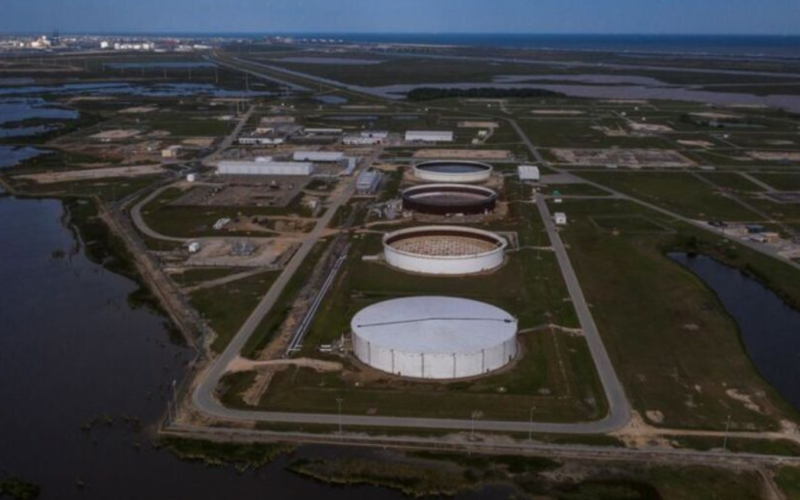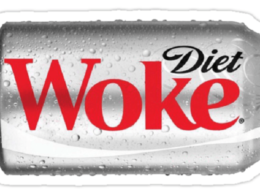Data released from the Energy Information Administration (EIA) indicates the amount of crude oil in the United States Strategic Petroleum Reserve (SPR) has dropped to historically low levels. According to EIA’s accounting, the level of crude in reserves has dropped to 427 million barrels, through September 16th. The U.S. backup supply of crude oil has not been so dangerously depleted since 1984. This concerning reality could hamstring the ability to respond to national emergencies and mitigate the impact of disruptions in supplies of petroleum products from natural disasters or embargoes.
Despite the rationale for maintaining a strong reserve of oil, President Biden has been tapping into the reserves for purely political purposes. In March, feeling heat from skyrocketing gasoline prices following Russia’s unprecedented invasion of Ukraine and a series of misguided energy policies, President Biden announced a six-month plan to release an average of 1 million barrels of oil per day from the SPR.
The SPR should not be viewed as a political gimmick as it was created as an emergency stockpile in the event of a shock to the oil market. The release of oil from the SPR threatens national security. For example, if Iran decides the time is right to pursue a show of force in the Middle East and attack Saudi Arabia, we could face a worldwide disruption of supply with depleted reserves of crude oil in the SPR.
The U.S. is also in the thick of hurricane season, which could possibly stifle oil production along the gulf coast and supply trains in the Northeast. Similarly, if a Category 5 hurricane hits the Gulf of Mexico and shuts down oil production for weeks, as with Hurricane Katrina, the SPR may not be able to respond to the emergency. As explained in a recent op-ed by Mark Robeck, former deputy general counsel for energy policy with the U.S. Department of Energy, “Congress imposed a predicate circumstance of a “severe energy supply disruption” for the president and Secretary of Energy to authorize the sale of crude oil from the SPR, and such a disruption simply does not exist right now.”
While the price of oil has declined precipitously since its record high, due in part to the oil reserve drawdowns, it is likely prices will reverse once these sales end in October. Ironically, the Biden administration, according to Bloomberg, is reportedly looking to refill the SPR in the coming months. This scenario will fuel demand for oil and could actually raise the cost of crude and the cost of gasoline that consumers will pay at the pump.
The GAIN Coalition has advocated for the expansion of American energy production of all types. Producing more energy and supporting the completion of energy infrastructure projects, such as pipelines and transmission lines, will have more long-term benefits to the country than using the SPR as a political tool.











